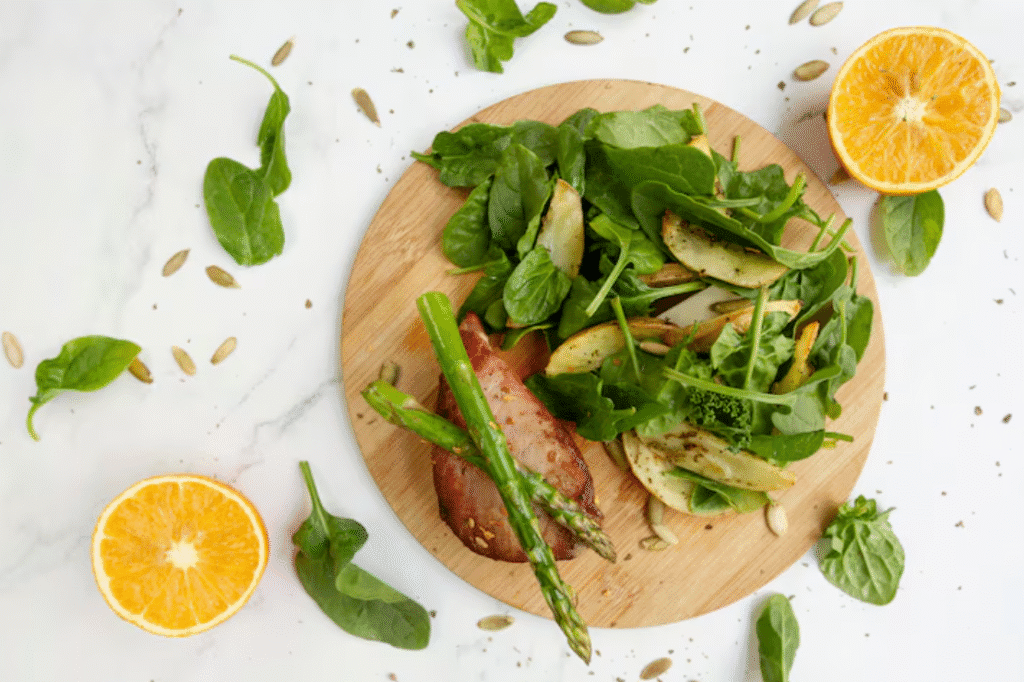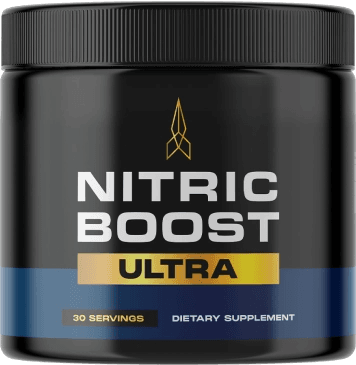Shifting to a vegan lifestyle can be one of the most rewarding decisions for your health, animals, and the planet—but it doesn’t have to happen overnight. Whether you’re inspired by ethical concerns, environmental impact, or personal wellbeing, transitioning gradually and intentionally can make the process smoother and more sustainable.
This guide offers a step-by-step roadmap to help you transition to veganism without stress or pressure.
🥦 1. Start with a Clear “Why”
Before changing your habits, it helps to understand your motivation.
Are you doing this for:
- Animal rights?
- Environmental sustainability?
- Health and wellness?
- All of the above?
Write down your reasons. This clarity will help you stay committed when you face challenges.
🍽️ 2. Begin by Adding, Not Subtracting
Instead of cutting out all animal products right away, start by adding more plant-based meals to your week.
✅ Try:
- Meatless Mondays
- Vegan breakfasts like oatmeal, smoothies, or avocado toast
- Plant-based lunches like grain bowls or veggie wraps
Focusing on what you can eat (not what you’re giving up) helps create a positive mindset.
🧭 3. Transition in Stages
There’s no “right” speed—go at your own pace. A common phased approach looks like this:
Step 1: Cut out red meat
Step 2: Remove poultry
Step 3: Remove fish
Step 4: Eliminate dairy
Step 5: Cut out eggs and other animal products
Or you can do it by meal type (e.g., start with vegan breakfasts, then lunches, then dinners).
🧑🍳 4. Explore New Foods and Recipes
Going vegan opens the door to a world of exciting cuisines and ingredients.
✨ Try new plant-based:
- Proteins: Tofu, tempeh, lentils, seitan, chickpeas
- Dairy alternatives: Oat milk, almond yogurt, vegan cheese
- International flavors: Indian dal, Ethiopian injera, Thai curries, Mediterranean mezze
Make time to cook simple recipes that you enjoy and want to eat again and again.
🛒 5. Learn to Read Labels
Many processed foods contain hidden animal products like gelatin, whey, or casein.
🔍 Get familiar with ingredient names and look for:
- Vegan certification symbols
- “May contain” vs. “contains” statements (for allergy vs. ingredient)
- Hidden ingredients like cochineal (crushed bugs) or rennet (from animal stomachs)
Apps like Is It Vegan? or HappyCow can help when shopping or dining out.
🤝 6. Build a Support Network
Surrounding yourself with like-minded people helps you stay motivated.
👥 Try:
- Joining local vegan meetups or cooking classes
- Following vegan influencers, YouTubers, or podcasts
- Talking to friends or family about your transition (without judgment!)
If no one around you is vegan, online communities can offer support, inspiration, and advice.
🧠 7. Expect Slip-Ups and Be Kind to Yourself
Transitioning isn’t always linear. You might make a mistake, give in to a craving, or eat something you later realize wasn’t vegan. That’s okay.
Instead of giving up:
- Reflect on what happened
- Reconnect with your “why”
- Keep moving forward
Veganism is a journey of progress, not perfection.
🧼 8. Expand Beyond Diet (When You’re Ready)
Once your food choices feel second nature, consider moving into vegan lifestyle choices:
- Cruelty-free skincare and cosmetics
- Vegan clothing and shoes (no leather, wool, or silk)
- Ethical household and cleaning products
But remember: focus on one step at a time. There’s no rush.
🧾 9. Plan Ahead for Social Situations
Navigating dinners, holidays, or restaurant outings can be tricky at first.
✅ Tips:
- Check menus ahead of time
- Bring a vegan dish to share at gatherings
- Let friends or hosts know your dietary choices in advance
- Keep snacks on hand while traveling
Confidence grows with time—and soon it’ll feel second nature.
📝 10. Celebrate Your Progress
Every plant-based meal you choose makes a difference. Take time to:
- Reflect on your wins
- Treat yourself to new vegan cookbooks, gear, or clothes
- Share your journey to inspire others
You don’t have to be “100% perfect” to have a meaningful impact.
🌱 Final Thoughts: Make It Your Own
The best way to go vegan is the way that works for you. By taking it one meal, one week, or one product at a time, you can build habits that last—and enjoy the process along the way.




